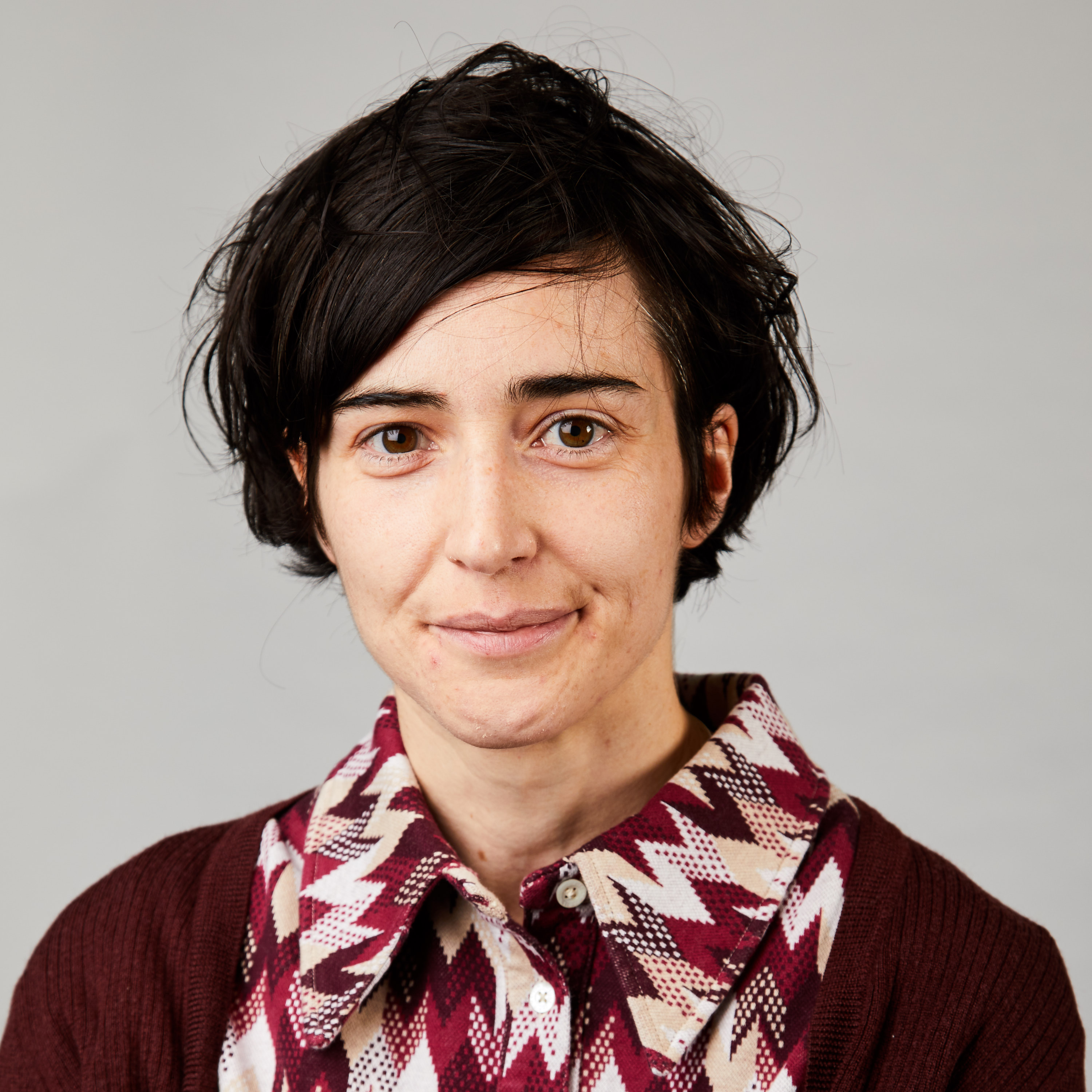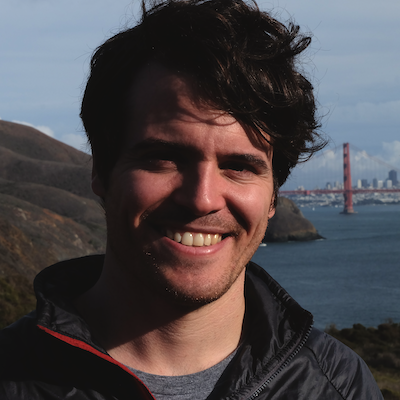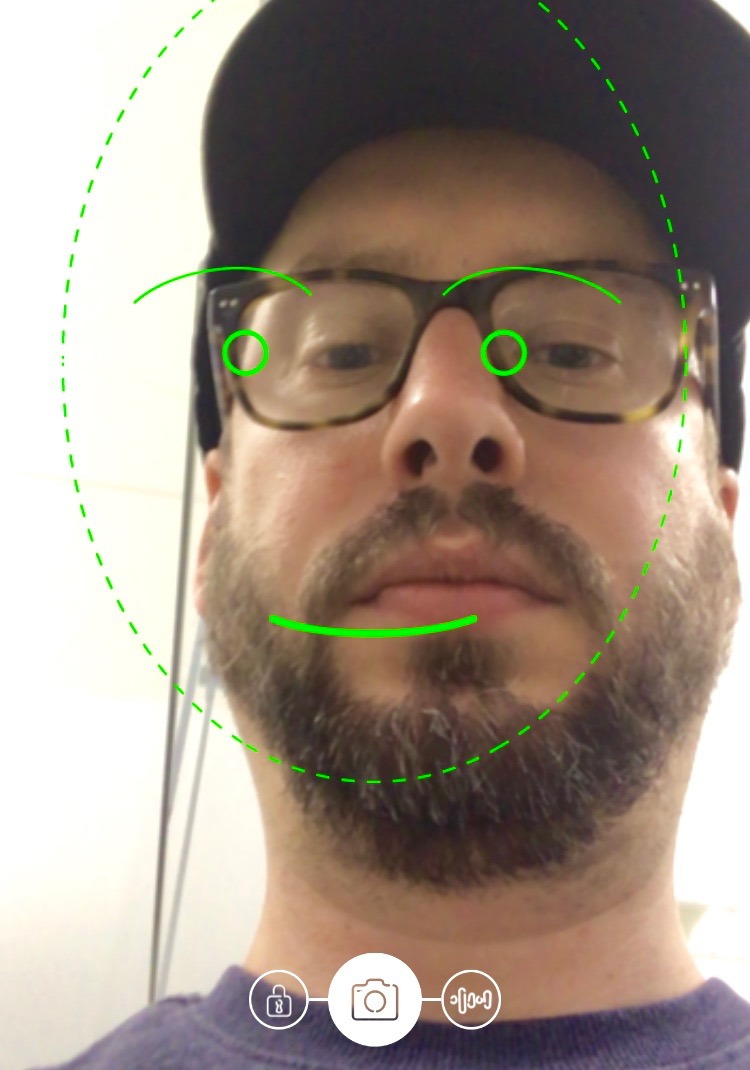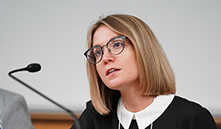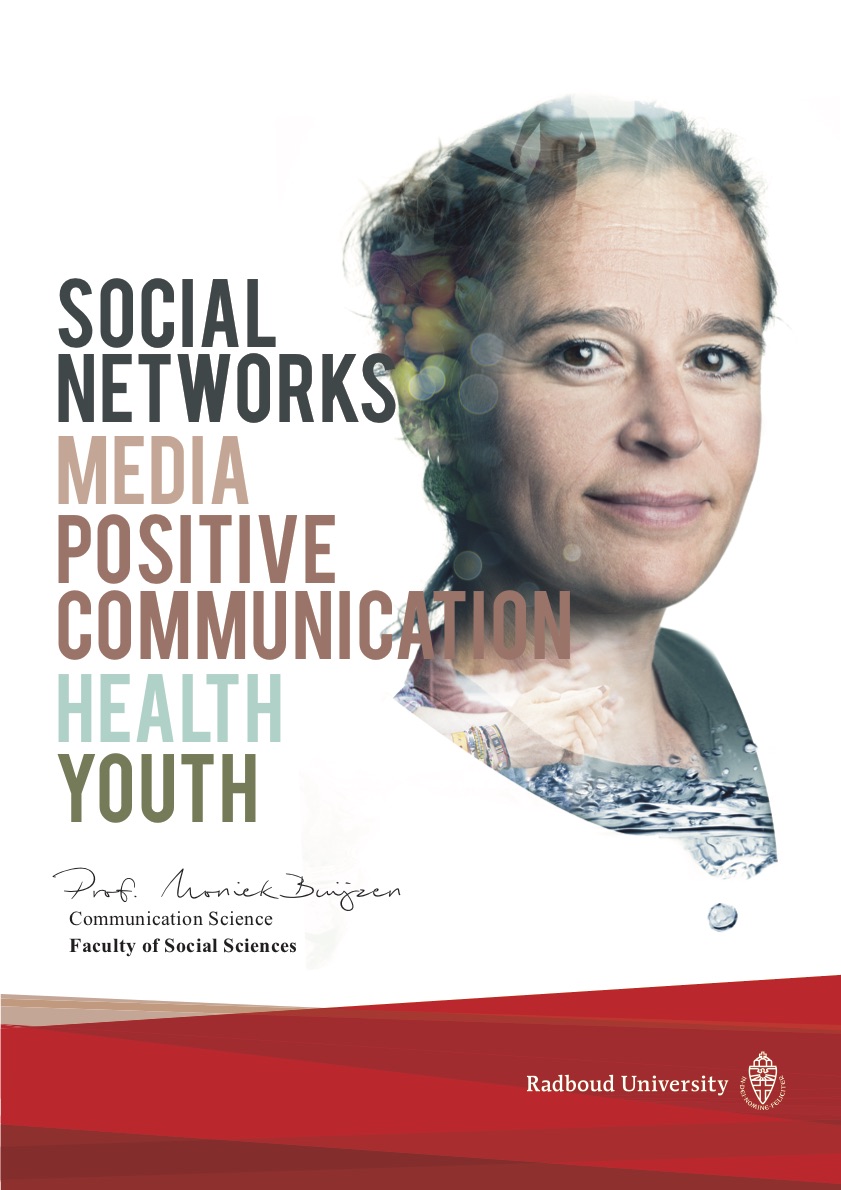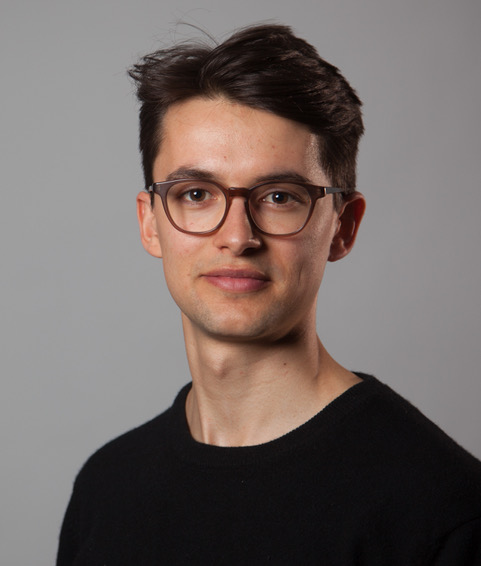Nora A. Draper is an Assistant Professor of Communication at the University of New Hampshire. Nora’s research examines the political economic and sociocultural dimensions of media and technology industries. She is the author of
The Identity Trade: Selling Privacy and Reputation Online (NYU Press, 2019) in which she examines how the companies across the consumer privacy industry have responded to and shaped public concerns regarding identity, reputation, and surveillance through the promotion and sale of tools to enhance personal privacy online. Her recent work has been published in the
International Journal of Communication,
Critical Studies in Media Communication,
the Journal of Broadcast & Electronic Media,
Media Industries,
Policy & Internet,
Feminist Media Studies, and
Surveillance & Society.

Alan Mislove is a Professor, Associate Dean, and Director of Undergraduate Programs at the Khoury College of Computer Sciences at Northeastern University, which he joined in 2009. Prof. Mislove’s research concerns distributed systems and networks, with a focus on using social networks to enhance the security, privacy, and efficiency of newly emerging systems. He work comprises over 50 peer-reviewed papers, has received over 11,000 citations, and has been supported by over $5M in grants from government agencies and industrial partners. He is a recipient of an NSF CAREER Award (2011), a Google Faculty Award (2012), a Facebook Secure the Internet grant (2018), the ACM SIGCOMM Test of Time Award (2017), the IETF Applied Networking Research Prize (2018, 2019), the USENIX Security Distinguished Paper Award (2017), the NDSS Distinguished Paper Award (2018), the IEEE Cybersecurity Award for Innovation (2017), a Facebook Secure the Internet Grant, and his work has been covered by the Wall Street Journal, the New York Times, and the CBS Evening News.
Dr Nicolo Zingales is an Associate Professor at the University of Leeds, where he specialises in competition law, privacy and data protection law, Internet governance and regulation. His research focuses on the roles and responsibilities of intermediaries in the digital value chain, and ways to overcome the informational and power asymmetries affecting digital consumers. He is a founding member of the MyData organization and the host of its UK hub; and a founder and co-chair of the UN IGF Coalition on Platform Responsibility. He obtained his PhD at Bocconi University, and his law degree (cum laude) at the University of Bologna.
Dr M.R. (Mark) Leiser PhD is Assistant Professor at the Center for Law and Digital Technologies at Leiden University and research fellow of the Effective Protection of Fundamental Rights in a pluralist world research program. He presently serves as thesis coordinator for the Advanced Masters in Digital Technologies. He has a background in law, finance, and journalism. He holds a BSc in Communications and Media Studies, LLB (Hons) and PhD (Strathclyde), and is a Fellow of the Royal Society of the Arts (FRSA) and a Fellow of the Higher Education Academy (FHEA). He completed his BSc in Communications in the US before returning to Scotland and completing his LLB and then PhD at the University of Strathclyde.
Dr Leiser’s expertise is in the regulation of the Internet. His research areas include heuristics, platform regulation, algorithmic profiling, state surveillance and cybersecurity (computational propaganda). His research focuses on implementing insights from cognitive and social psychology as well as behavioural economics into regulation of the online environment. In application, his work applies to the regulation of #fakenews, machine speech, and digital deception. His work has been influential in the regulation of computational propaganda. His research objective is to restore trust to the infosphere by working with industry partners and government to mitigate the effects of deceptive content and state-sponsored algorithmic-processing and automated forms of propaganda spread via bots, botnets and scripts. He won the BILETA award for Best Paper in 2014 and again in 2017. His work on the role of non-state actors in Governance of the online environment (with Professor Andrew Murray) was published in The Oxford Handbook of the Law and Regulation of Technology (eds Roger Brownsword, Eloise Scotford & Karen Yeung).
